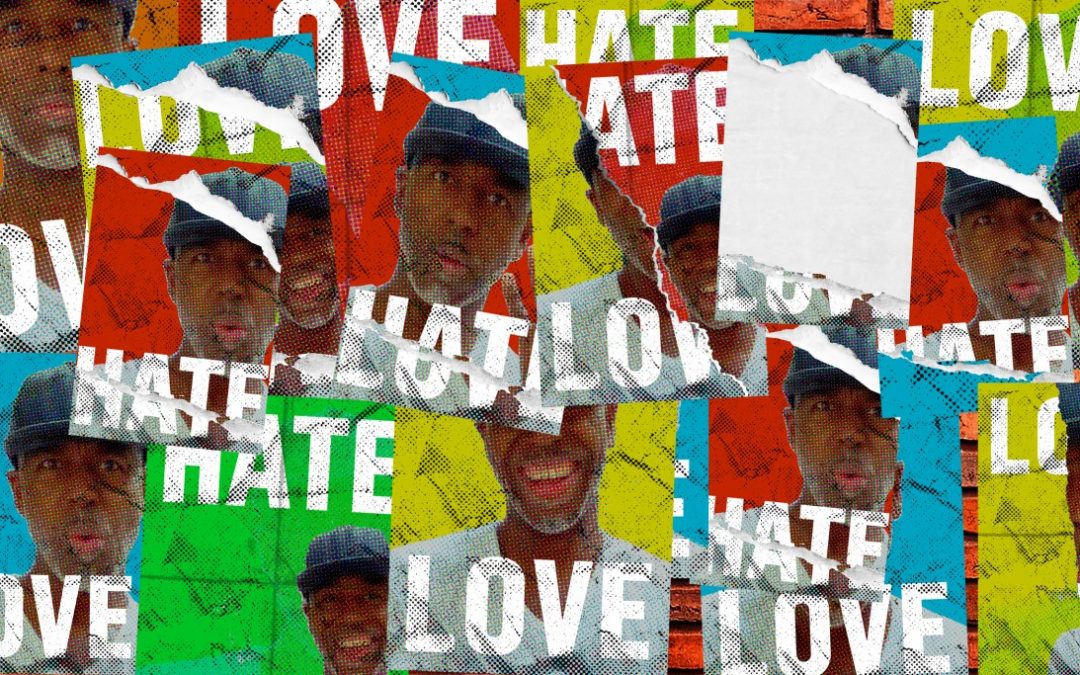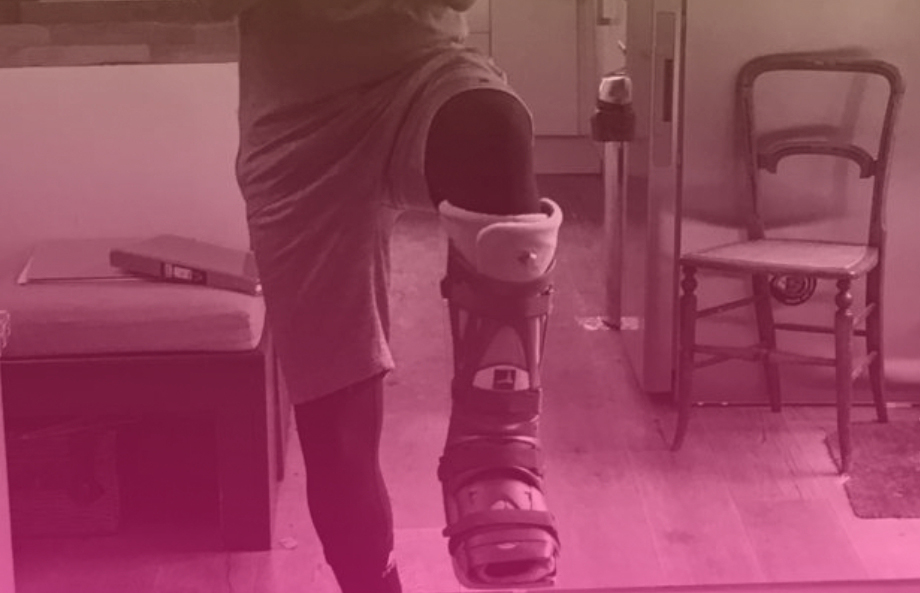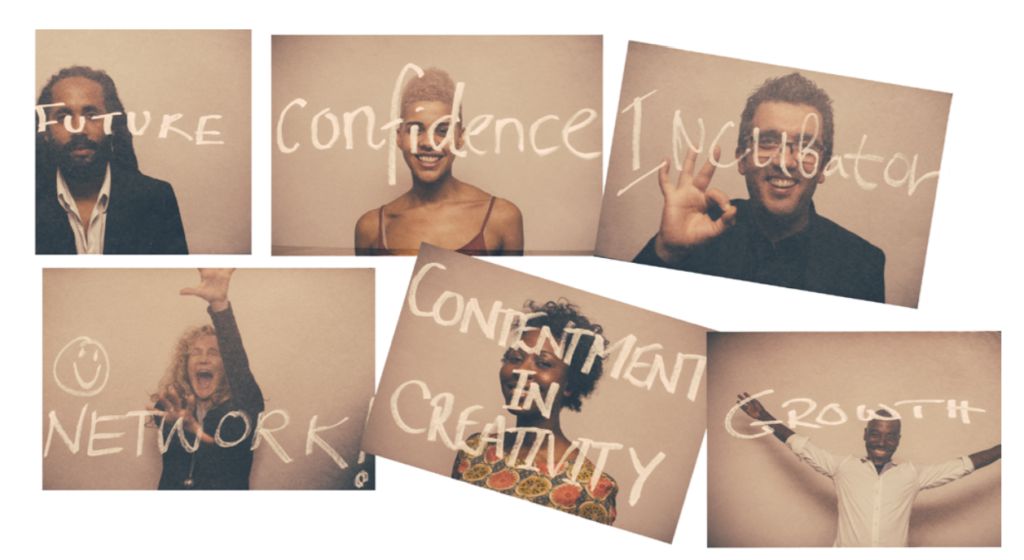ACE is an organisation which fascinates me. It seems to be continuously on the brink of transformation around inclusivity, but it never quite makes the leap. From the side lines, I’ve been willing it to make the changes necessary for it to continue to be relevant in the 21st century.
But as they say, ‘it’s the hope that kills you’. But it is ‘hope’. And that doesn’t come from animosity but from a place of relationship. I have a strong, but complex bond with ACE.
A strange relationship
Having initially funded my first project Tribal Tree, they then withdrew funding 7 years later despite the project’s obvious successes. The funding was reallocated to support the redevelopment of the Roundhouse, located just across the road from our building.
I was crushed and unsure what my next career move would be. But it was ACE again, a year later, that sponsored my place on the Clore Leadership Programme. That led to my next project MeWe360 that ACE helped launch with an initial investment of £1m. And eight years later came Create Equity, whose early development ACE also funded.
Having been the cause of an existential trauma, ACE was then a key part of my recovery and growth as a social entrepreneur. But it was also part of my growth as an activist. While at Clore, I carried out research on race, power and identity. That research – a personal enquiry – drives my current thinking on structural inequalities and my motivation to do something about it.
ACE has created this beast that hounds them and continues (at least for now) to fund my projects. It’s a strange relationship: with one hand I gratefully receive its support while with the other I write regular critiques on its inability to fund in a racially equitable way.
Why do I seemingly bite the hand that feeds me? Why not just take the money and be quiet?
Silence, power and racism
My silence would be tantamount to being racist; endorsing a system I know to be racially inequitable for my own benefit.
ACE is the largest funder of the arts in the UK by a long way, with more funding than the other major arts funders combined. Its dominant position means that as well as distributing its own budget (c.£943m in21/22) it exerts considerable influence on how other funders distribute their grants as they regularly support organisations in receipt of ACE funding.
ACE’s scale and ‘financial pull’ means that were it to distribute its funding equitably, a likely outcome would be that all arts funding would become more racially equitable. But the major block is that currently ACE is not able to distribute funding in a racially equitable way. After fulfilling its obligation to fund the major museums, galleries and theatres, it has insufficient money left to do so.
90% of ACE funding is allocated to incumbent institutions. Even if the remaining 10% were diverted to BAME-led organisations, ACE would still not achieve racially equitable funding. This is what I call ‘incumbency bias’ and is not necessarily a problem in itself. My challenge is that ACE remains silent on incumbency bias.
Ibram X. Kendi’s work on anti-racism provides a frame on which to position such organisational silence. To be an anti-racist organisation you must act when faced with processes and procedures that deliver inequitable outcomes. According to Kendi, the act of naming systemic inequalities – simply talking about them – is in itself an anti-racist act.
Silence, he says, is the opposite. ACE’s silence makes it complicit in maintaining a racist system. My almost singular focus on ACE over the last two years is not because they are the only holders of silence, but because they are by far the most powerful.
If I were to remain silent (or inactive) in the face of ACE’s inability or refusal to fund equitably, I would also be complicit. Such silence, according to Kendi, would also be a racist act. Uncomfortable as it is, and I sit far from comfortably when writing these articles, there is no hiding place for ACE, or for me, when it comes to taking an anti-racist position.
Champions of a better system
I am a product – at least in part – of ACE’s various funding programmes over the last 25 years. I could reasonably be considered its poster child; one of its too few racial diversity success stories. But to remain silent would be to abandon all the learning and leadership that ACE has enabled over the past 25 years; it would be to waste the money they have invested in me.
Racial inequity cannot be allowed to stand simply through our complicity or silence. It must be challenged. In this sense, we who call for a fair distribution of ACE funds, who point to its policies and practices that prevent it, who suggest possible solutions, should be seen not as ‘haters’ of ACE but as champions of a better funding ecosystem, of which ACE is a major part.
In the upcoming outcomes of its spending review (October 26th), ACE has another chance to reimagine what great arts organisations of the future might look like. And, just as importantly, who will get to build them.
ACE is on the brink of another opportunity to transform itself. My hope springs eternal – that this time it will distribute at least 7% of its NPO funding to racially diverse organisations and publicly commit to racially equitable funding (14.4%) by 2031. And if it genuinely can’t, then it should take responsibility, as the dominant arts funder in the UK, to say so and to cede some of its overwhelming power to others who can.
This article was first published in Arts Professional




